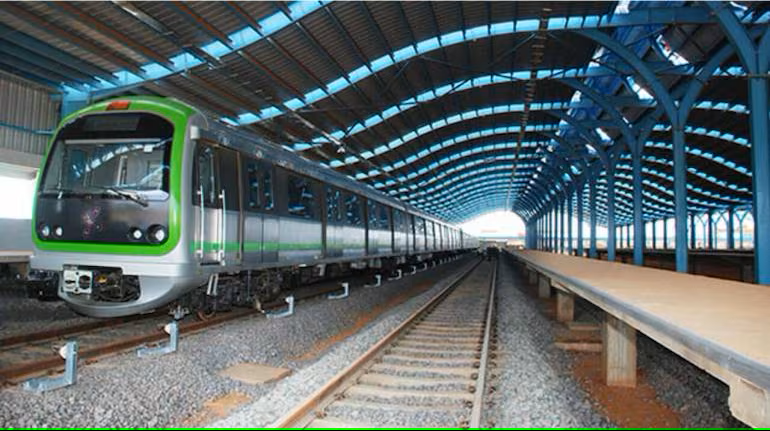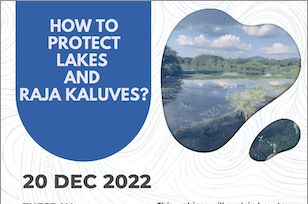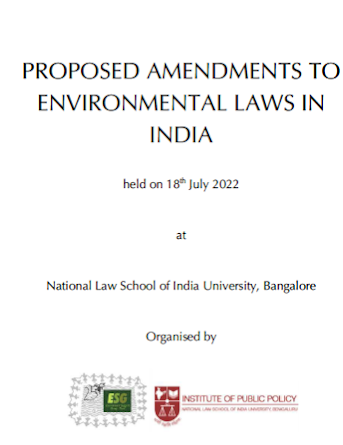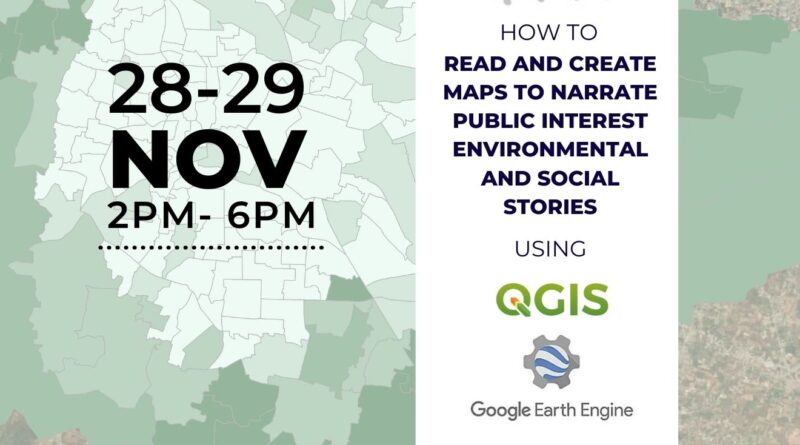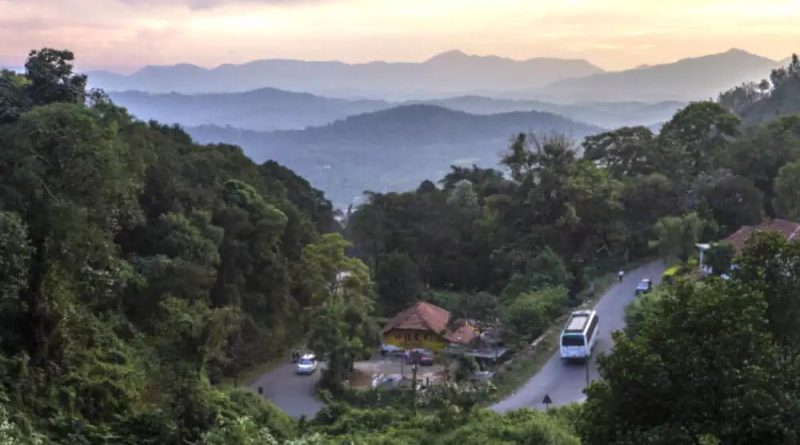Modi government’s new environmental laws a threat to India’s biodiversity and forests
The seamless passage of the Biological Diversity (Amendment) Bill, 2021, and the Forest Conservation (Amendment) Bill, 2023, in the Lok Sabha and the Rajya Sabha, effectively emasculating regulatory powers contained in the parent laws, namely, the Biological Diversity Act (BDA) 2002 and the Forest Conservation Act (FCA) 1980, was guaranteed by the absence of the entire opposition, which was boycotting Parliament demanding that Prime Minister Narendra Modi speak on the Manipur crisis.
Read More



